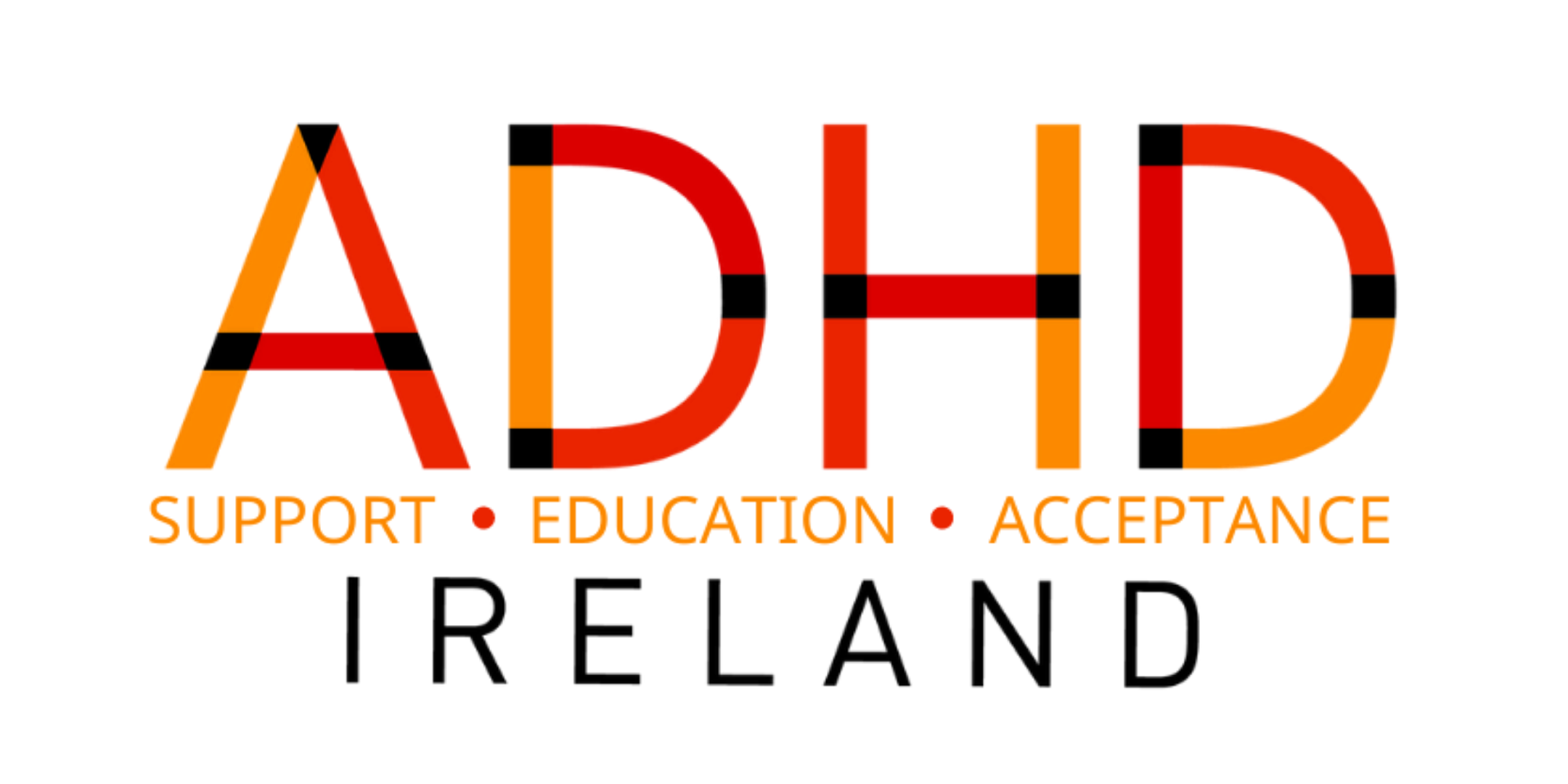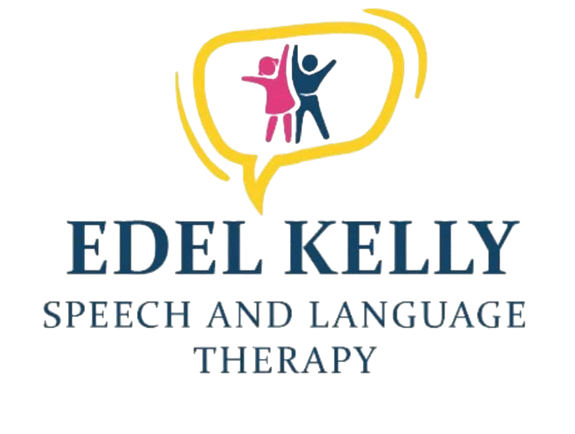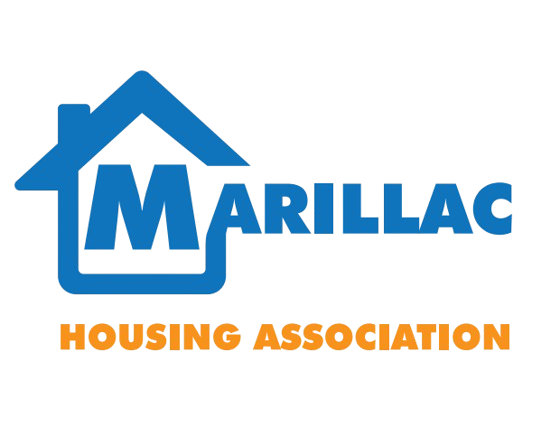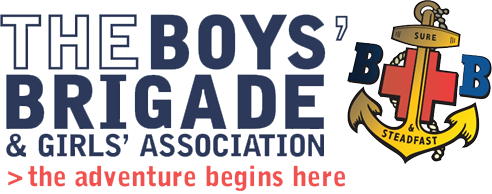Introduction
The Irish Budget 2024 has made a significant impact on the charitable sector, sparking reactions and discussions within the not-for-profit community. This article explores the key highlights of the Irish Budget 2024, its repercussions on charities, and the reactions it has garnered from charitable organisations. We will also investigate the changes in charity funding brought about by the budget and consider the potential long-term effects on charities and not-for-profits.
Key Takeaways
The Irish Budget 2024 brought both optimism and concerns for charities and not-for-profits. On one hand, the annual cap for the Charity VAT Compensation Scheme doubled to €10 million, providing more funding opportunities. Yet, the absence of clear funding solutions raises concerns about potential strikes in vital voluntary services due to pay disparities. Despite a 6.1% increase in core government spending, it remains uncertain if this will address the wage gaps affecting Section 39/56/10 organizations.
- The Irish Budget 2024 provided some positive measures for charities and not-for-profits, including increasing the annual cap on the Charity VAT Compensation Scheme from €5 million to €10 million. This will allow charities to claim back more of the VAT they pay and have more funds for their services.
- However, the budget lacked clear funding solutions to avert upcoming strikes in voluntary services due to pay disparities between Section 39/56/10 organizations and HSE employees. This is very concerning as thousands may lose access to disability, mental health, homelessness, and addiction services.
- The budget speech outlined a 6.1% increase in core government spending for 2024. However, it is unclear if any of this will go towards resolving pay gaps for Section 39/56/10 organisations.
- Income tax and USC will benefit most employees of charities and non-profits
Quick Information
Ready to optimise your financial strategies?

Reactions to Irish Budget 2024 from Charities and Not-for-Profits
The Irish budget for 2024 has elicited a mixed response from the charitable sector. While the increase in the Charity VAT Compensation Scheme cap is welcomed by The Wheel for enabling more independent fundraising, concerns linger regarding unaddressed pay disparities and funding uncertainties. Many had hoped for stronger measures to safeguard essential services.
- The Wheel welcomed the increase to the Charity VAT Compensation Scheme cap as it will allow charities to fundraise more independently.
- The Wheel expressed concern over the lack of visible measures to address the impending strike action in voluntary services due to pay disparities.
- There appears to be uncertainty and concern from the sector over the lack of clear funding solutions for voluntary services in the budget.
- Many were hoping for more concrete measures to address pay gaps to avoid disruption to vital services.
Irish Budget 2024 Highlights
In the latest budget, Ireland witnesses a series of changes: higher income tax thresholds, reduced Universal Social Charge, increased carbon tax, a substantial new climate fund, and extended support for homebuyers and charities.
- The standard tax rate income tax band was increased by €2,000.
- The middle Universal Social Charge rate was reduced from 4.5% to 4%.
- Carbon tax was increased from €48.50 to €56 per tonne of CO2.
- A new Infrastructure, Climate and Nature Fund worth €14 billion was announced.
- The Help-to-Buy scheme was extended to the end of 2025.
- The Charity VAT Compensation Scheme annual cap was doubled to €10 million.
Conclusion
The Irish Budget 2024 provided some positive but limited measures for charities such as increasing the Charity VAT Compensation Scheme cap. However, the sector has reacted with concern over the lack of clear funding solutions to address pay disparities in voluntary services. Failure to resolve this issue could have severe long-term consequences on service accessibility and quality. Overall, the budget lacked substantial changes to charity funding and support.




































































































